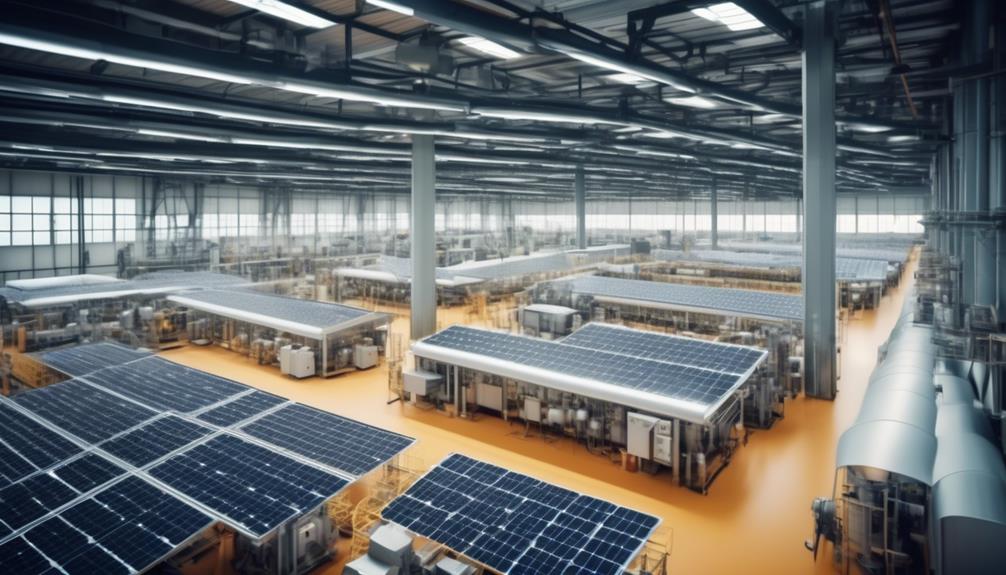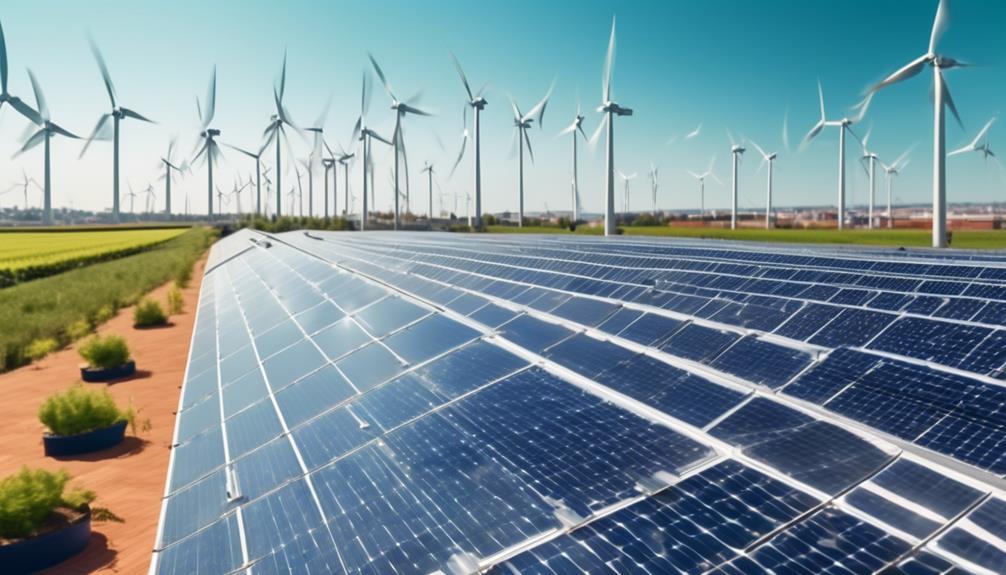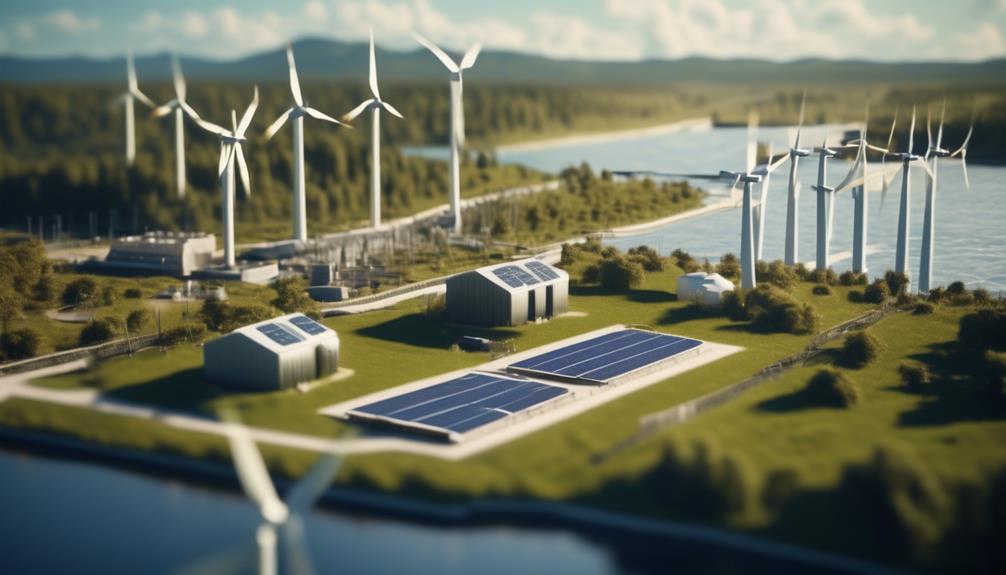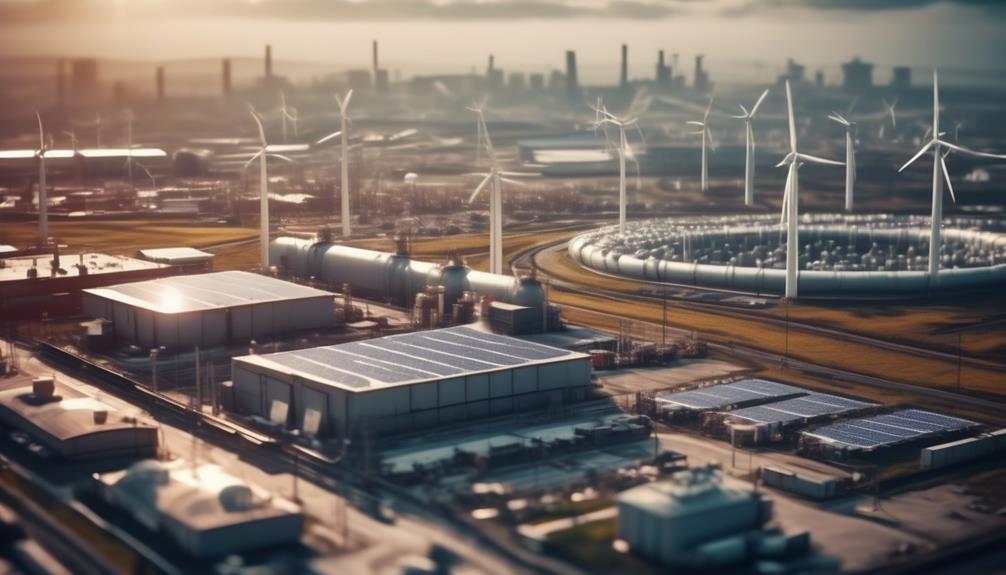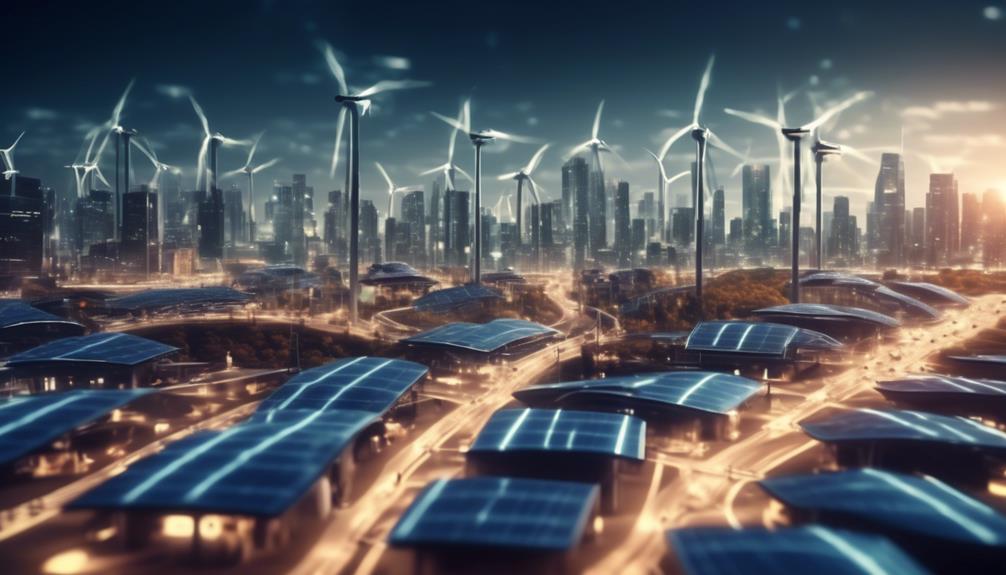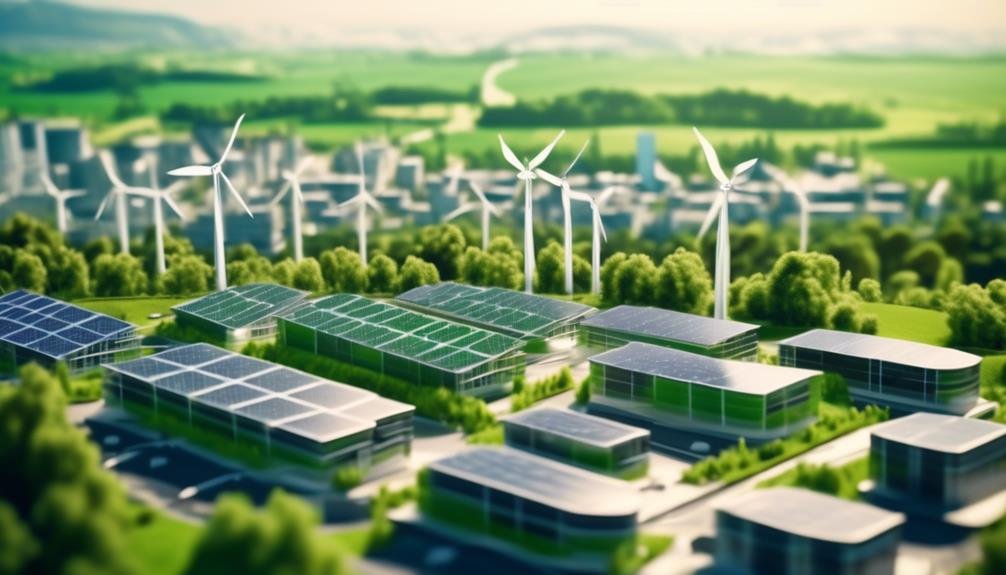Human civilisation is fundamentally linked to energy, it began sum 1.5 million years ago with the discovery of fire. This pivotal moment marked a shift in our ability to harness solar energy stored within wood, initiating a significant energy transition. Such transitions have shaped our history, none more impactful than the industrial revolution of the 1760s, which ushered in the widespread use of fossil fuels, notably coal. This development enabled us to tap into the energy accumulated by plants and animals over millions of years. However, this extensive reliance on fossil fuels also led to the inadvertent release of greenhouse gases, triggering a discernible warming effect on the global climate by the mid-1800s.
Although energy is critical to human society and its progression, the resulting anthropogenic climate change could also be our downfall with worldwide societal collapse or even eventual human extinction being the worst-case scenarios. Yet it’s not all doom and gloom, a conscientious approach to energy consumption emerges as an essential strategy to mitigate the impacts of anthropogenic climate change. The pressing need for renewable energy sources has become a worldwide call to action for innovation and global collaboration.
Renewable energy solutions, such as solar, wind, hydroelectric, and geothermal power, have emerged as beacons of hope in the battle against climate change. These alternatives not only mitigate the negative impacts of fossil fuels but also offer a sustainable future in harmony with the natural world. Although progress has been made, the journey toward a fully sustainable energy landscape is far from complete. As of 2022, approximately 80% of energy consumption still originates from fossil fuels, underscoring the critical need for accelerated global efforts to transition to renewable energy sources.
Examples of successful renewable energy initiatives, like community-based solar projects or offshore wind farms, serve as inspirations for future endeavours. One of the biggest issues with renewable energy sources is their unreliability, for example at one point in November wind accounted for a record 7o% of total power, on other days we have seen lows of 3%. Renewable energy generation intermittency generally must be picked up by fossil fuels, mainly gas in the UK. Addressing the challenges faced by the renewable energy sector, such as intermittency and storage, requires continued investment in research and development.

The complex interplay between climate change and energy usage necessitates a collective commitment to action. Encouraging sustainable energy practices at the individual, communal, and governmental levels cultivate a culture of environmental consciousness and accountability. While international agreements like the 1997 Kyoto Protocol and the 2015 COP 21 Paris Agreement have laid the groundwork for curbing global emissions, the practical implementation of sustainability pledges has faced significant challenges. Recent postponements of commitments by countries, such as the UK’s delay in phasing out diesel/petrol cars and gas boilers, underscore the persistent obstacles in transforming energy usage from a primary contributor to climate change into a viable solution.
Unfortunately, many countries cannot afford the luxury of low carbon energy sources. Until a low barrier to entry, reliable, and practical energy sources/infrastructure are developed, much of the world will remain reliant on fossil fuels. Yet looking forward the rapid development of renewable energy is promising.
Infographic Source:

